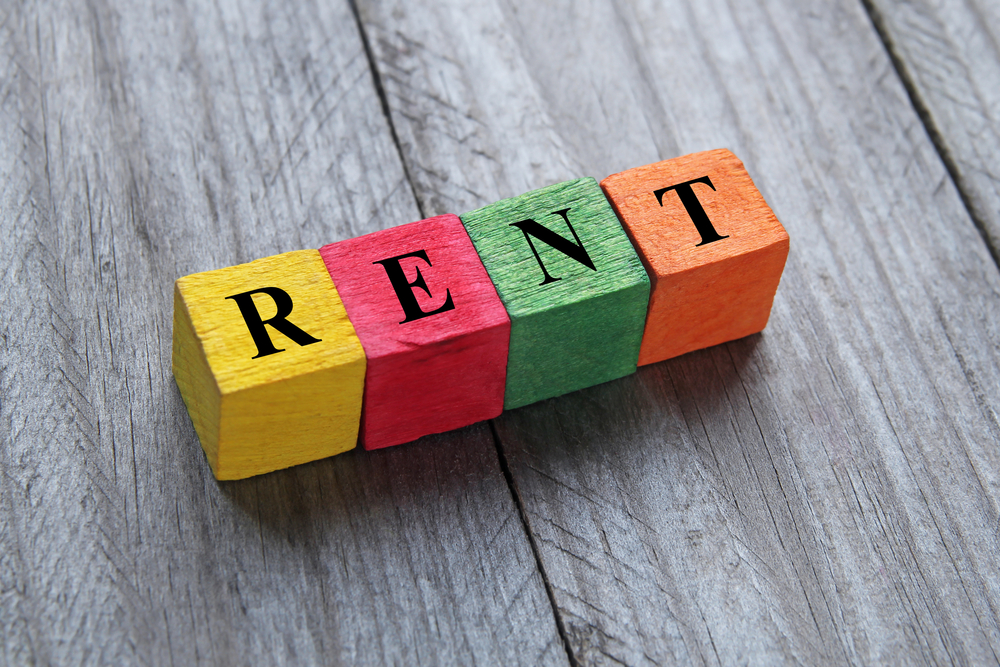 Monthly rents went up 3% in October as landlords appear to be balancing affordability with returns, new figures show.
Monthly rents went up 3% in October as landlords appear to be balancing affordability with returns, new figures show.
According to Homelet, average monthly rents have gone up 3% in the past year to £902, suggesting that the pace of inflation in the UK’s rental market has started to slow.
As recently as March this year, rents were rising at an average annual rate of 4.5%.
The data suggests that Landlords appear to be doing what they can to balance rents with regard to what tenants can afford with the income they need to generate, including for those with mortgage repayment obligations.
Martin Totty, HomeLet’s chief executive officer, said: “Landlords are aware of the need to find a balance between what tenants can afford and the returns they require on their investment. While many landlords are facing higher costs themselves, including the impact of higher stamp duty on their property purchases since April, our data suggests that they have so far been cautious against a more uncertain economic environment.
“We know wage growth has lagged rental price inflation and it could be that we are approaching an affordability ceiling whereby landlords can’t attract tenants able to afford higher rents. It’s also a fact the average duration of a tenancy is increasing and our data suggests this has now increased to 28 months on average. That might suggest landlords are valuing the security of a reliable tenant and accommodating their wish to remain in the property for longer. This is reflected in the rent asked at each anniversary.”
The contraction in the pace of rental price inflation is greatest in areas of the country where rents were previously rising most quickly.
In Greater London, rents on new tenancies rose by 2.5% over the year to October, compared to more than 7% a year ago. In the South East, annual rents rose at 2.7%, down from above 4.3% this time last year.
HomeLet believes that landlords and tenants will need to monitor the market closely in the coming months.
It warned that with growing pressure on incomes, predictions of higher inflation and slowing economic growth, property owners need to consider protecting themselves from unexpected defaults from their tenants.




